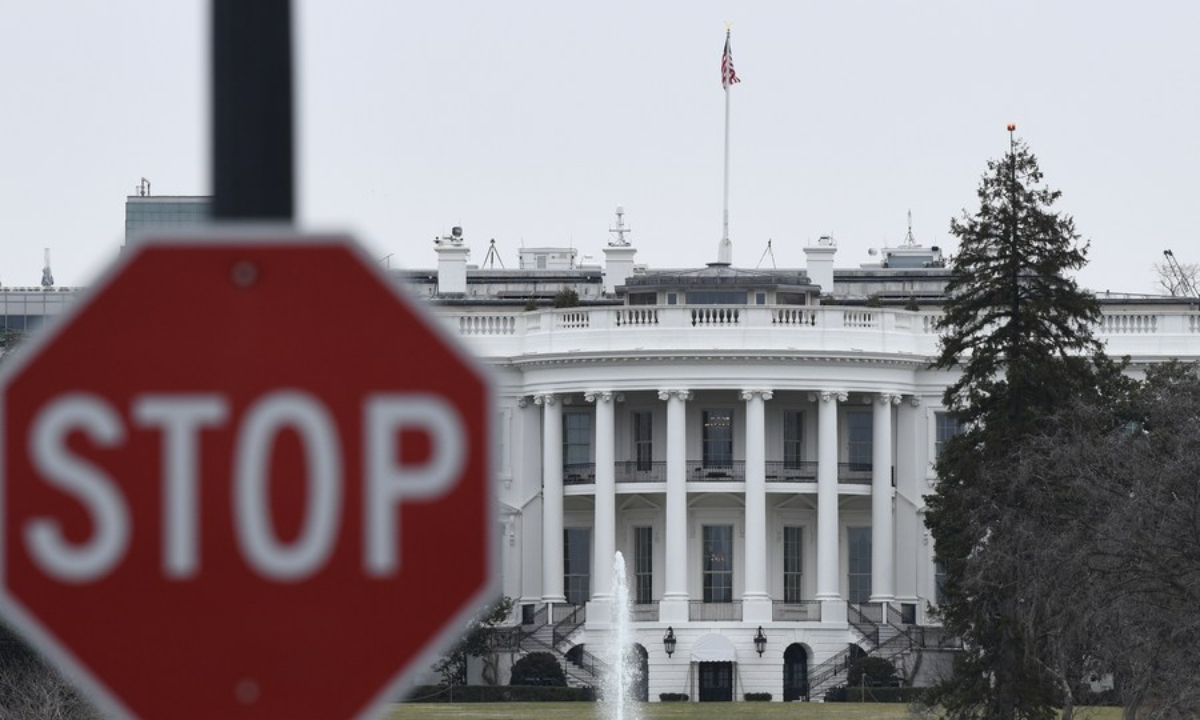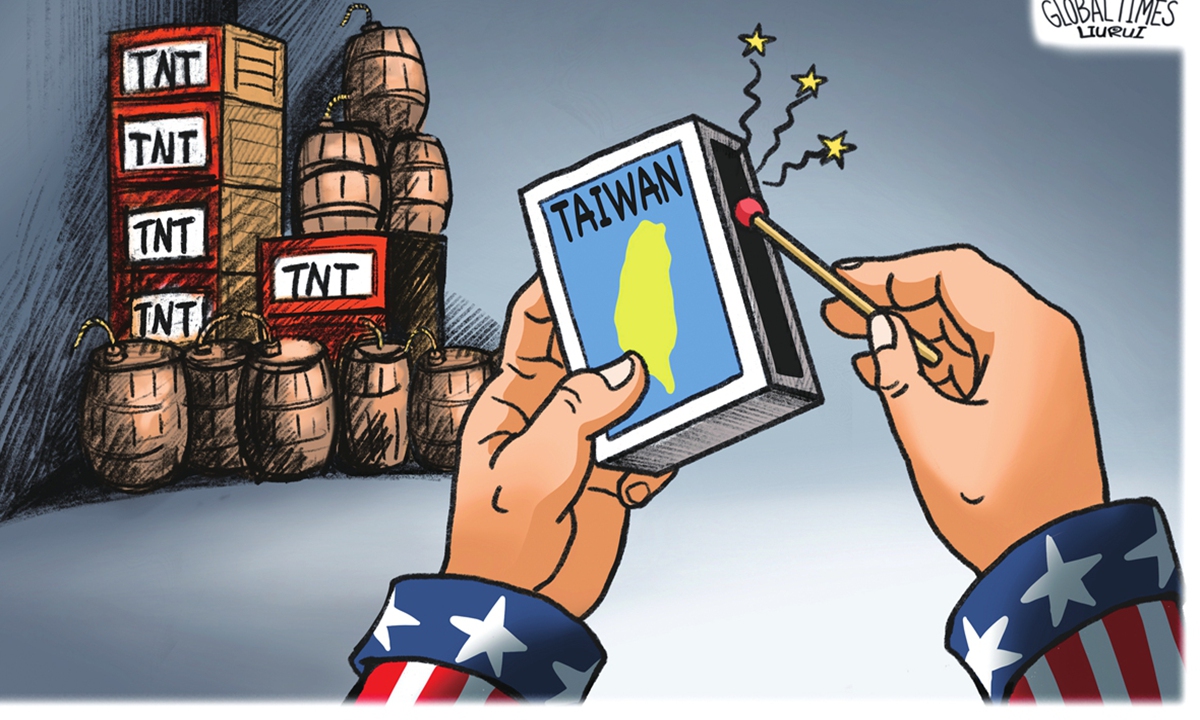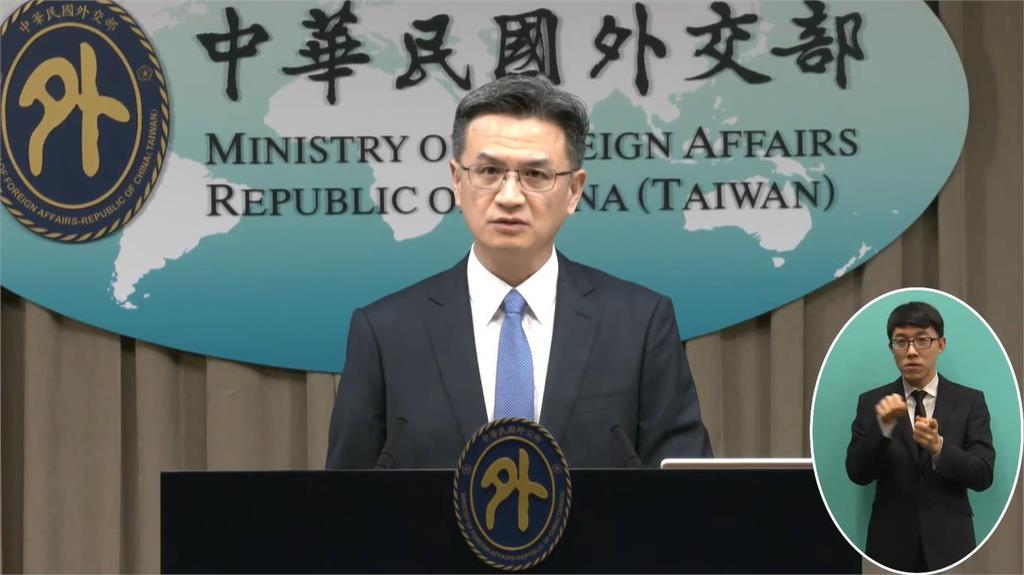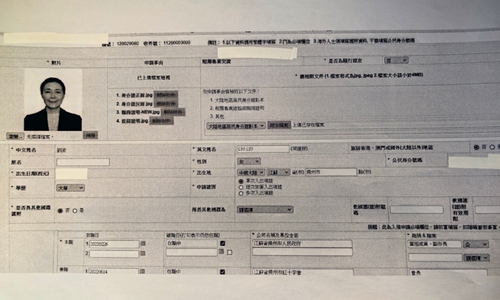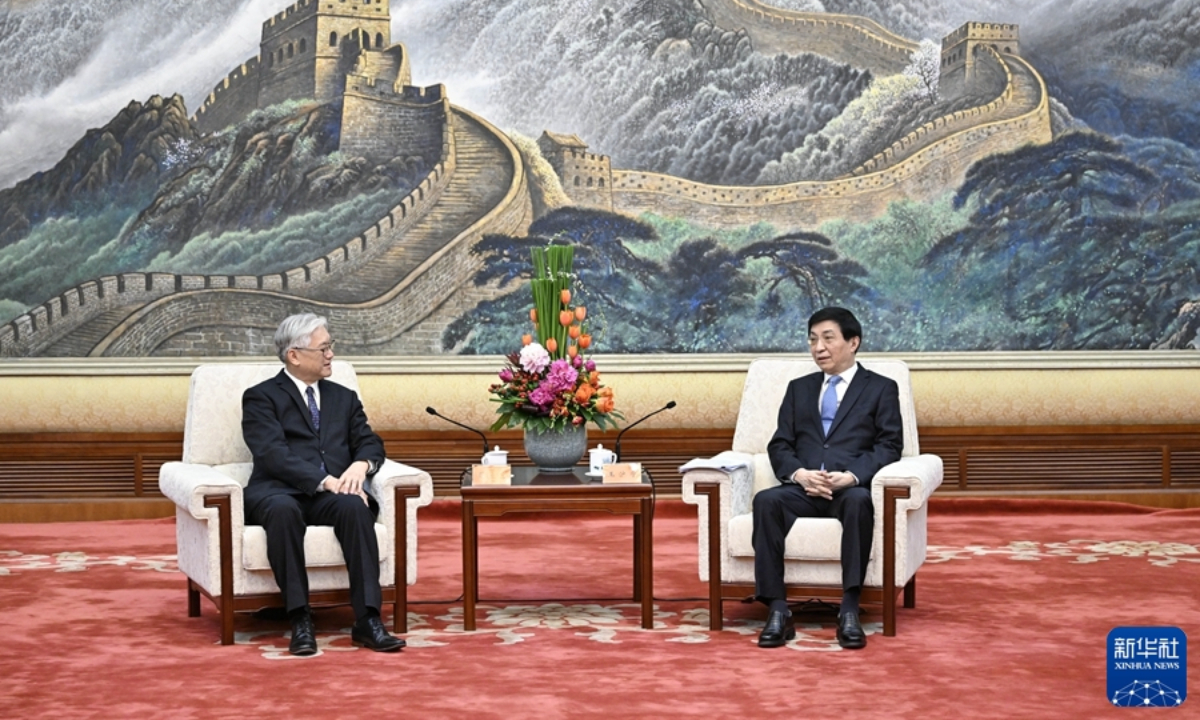KUALA LUMPUR: Budget 2023 is revised upward to RM386.1 billion, making it the largest allocation in Malaysia’s history, as the government continues to provide support to steer the economy, according to the Ministry of Finance (MoF).
The budget allocation is an upward revision from the RM372.3 billion budget tabled by the previous government in October 2022, which could not be passed before Parliament was dissolved.
In its Updates on Economic & Fiscal Outlook and Revenue Estimates 2023 report released today, the ministry said of the amount, 74.8 per cent will be utilised for operating expenditure while the remaining 25.2 per cent is for development expenditure.
A substantial allocation of 23.5 per cent will be provided for emoluments, subsidies and social assistance (15.2 per cent), economic (14.3 per cent), debt service charges (11.9 per cent), supplies and services (8.3 per cent), retirement charges (8.0 per cent), social (6.9 per cent), security (3.0 per cent), grants and transfers to state governments (2.1 per cent), general administration (1.0 per cent) and others (5.8 per cent).
MoF said funding for Budget 2023 will be sourced from income tax totalling 39.9 per cent of the total allocation, borrowings and use of government’s assets (24.5 per cent), non-tax revenue (19 per cent), indirect tax (14 per cent) and other direct tax (2.6 per cent).
Prime Minister and Finance Minister Datuk Seri Anwar Ibrahim said Budget 2023 will focus on addressing the high cost of living, further strengthening the social safety net and enhancing the micro, small and medium enterprises (MSMEs) eco-system.
He said the government will also examine ways and means to reduce market disruptions as well as streamline business processes through the adoption of high technology and digitalisation.
"The government is committed to protecting the livelihood of the rakyat, upholding integrity, enhancing a caring and compassionate society, as well as improving the effectiveness of public and private sector delivery systems.
"These commitments can be achieved through a methodical approach focused on the aspect of thought, spirituality and infrastructure, which is centred on the framework of Malaysia Madani that focuses on shaping the future of the nation and realising its full potential,” he said.
Malaysia Madani framework is supported by six core values -- sustainability, prosperity, innovation, respect, trust, and lastly, care and compassion.
After Anwar was sworn in, the Dewan Rakyat had, on Dec 20, 2022, passed a RM163.7 billion temporary operating budget to allow the government to spend a portion of the total estimated expenses during the months prior to the retabling and passing of the Supply Bill for 2023.
The amount includes RM107.7 billion, which is from the Consolidated Fund, to pay for emoluments and aid for the first six months of 2023, and RM55.96 billion from the Development Fund to fund the ongoing development projects.
Moderate 2023 GDP Growth
Anwar said Malaysia’s gross domestic product (GDP) is poised to record a growth of approximately 4.5 per cent in 2023, backed by the nation’s sound macroeconomic fundamentals, robust domestic demand coupled with the effective implementation of the 12th Malaysia Plan (12MP).
With the transition to the endemic phase and the reopening of international borders, Malaysia has seen an increase in tourist arrivals as well as trade and business activities, contributing towards a steady recovery, especially in the services sector, he said.
"2023 is expected to be a challenging year. The government will continue to be vigilant of economic headwinds as well as any potential geopolitical conflict in order to devise the appropriate strategies and actions,” the Prime Minister said.
The report indicated that the services sector will continue to steer growth in 2023, expanding by 5.3 per cent on the back of better domestic demand buoyed by wholesale and retail trade, transportation and storage, information and communication, food and beverages and accommodation, and finance and insurance subsectors.
Anwar also said the government remains steadfast in balancing the need to safeguard the well-being of the rakyat and the nation while ensuring a sound and sustainable fiscal position.
This is crucial in maintaining the high standing of the country's sovereign ratings and to ensure the country’s premier position as an investor- and business-friendly country, especially in creating and attracting high value-added investments to achieve quality and inclusive growth, he said.
MoF said the acceleration of infrastructure projects with high multiplier effects, robust growth in private investment and continuous external demand particularly among major trading partners will further support the economy.
It also said the contribution of the tourism-related sector is expected to improve following an increase in tourist arrivals.
"Looking ahead, efforts will be intensified to position Malaysia as a major investment destination. Various measures will be implemented to uplift and enhance the economic potential for Malaysia to become more competitive, sustainable and inclusive,” it said.
It added that the government will continue to provide counter-cyclical policy support as well as expedite structural reforms to strengthen the country's growth prospects and resilience.
As for trade, the total trade is expected to expand further to RM2.887 trillion in 2023, with an estimated surplus of RM264.33 billion.
Strict Fiscal Discipline
Anwar said the government will prioritise strengthening the governance ecosystem at all levels to increase public trust in government institutions.
This initiative will focus on transparency, integrity and efficiency, particularly in government procurement, good governance, and the developmental role of government-linked companies (GLCs) and parliamentary institutions, he said.
He also said various initiatives have been identified to address issues related to public finances, including exploring new sources of sustainable revenue and minimising leakages.
"In achieving these initiatives, the government will prioritise on public expenditure review while ensuring debt sustainability and enhancing public spending efficiency in the long run.
"These measures will improve the nation's fiscal flexibility, allowing the government to implement counter-cyclical measures and maintain our economic resilience,” he said.
According to MoF, the fiscal deficit is expected to consolidate further to 5.0 per cent of GDP, to -RM93.94 billion from -RM99.48 billion in 2022.
Stellar 2022 Performance
Despite the softened global growth and escalating inflationary pressure, the Malaysian economy has performed better-than-expected in 2022, spearheaded by strong domestic demand and higher export performance in the aftermath of the COVID-19 pandemic.
Anwar said the country’s economic growth outperformed regional and global trends, rebounding to the pre-crisis level of 8.7 per cent, thanks to the swift policy responses and strong economic fundamentals.
MoF said in the report that growth in 2022 was anchored by the services sector, which grew by 10.9 per cent and contributed 58.2 per cent share to the GDP, mainly supported by the wholesale and retail trade, transportation and storage, as well as real estate and business services sub-sectors.
It said the manufacturing sector grew by 8.1 per cent with 24.2 per cent contribution to the GDP, while agriculture (0.1 per cent/6.6 per cent), mining (3.4 per cent/6.4 per cent), and construction (5.0 per cent/3.5 per cent).
The growth was also attributed to robust external demand, especially among Malaysia’s major trading partners, which resulted in a 27.8 per cent increment to RM2.848 trillion total trade last year. Similarly, the trade surplus expanded by 0.6 per cent to RM255.1 billion. - Bernama

Prime Minister Datuk Seri Anwar Ibrahim has unveiled a Rm388bil Budget, the largest in Malaysian history, and one that is inclusive and holistic as well. His approach to dishing out goodies is novel, taking care of priority areas while also setting the country up for a financial overhaul.
Budget 2023 will be based on three thrusts, that is spurring the economy, reforming institutions to ensure investor confidence and ensuring social justice to balance inequality. Prime Minister and Finance Minister Datuk Seri Anwar Ibrahim
PETALING JAYA: Budget 2023, unlike many earlier ones, is not one that is a continuation of promises laid out in larger umbrella plans like the Malaysia Plans.
Instead, it is a unique creation under Prime Minister Datuk Seri Anwar Ibrahim’s Malaysia Madani concept, which is a manifestation of the more inclusive approach promoted by the unity government.
The Rm388.1bil budget is the largest in Malaysian history, with Rm97bil being earmarked for development expenditure, also the highest allocation yet.
While the government has been drumming home a message about the mounting debts of the Federal Government, why did it propose such a huge spending Bill?
The answer lies in government taxes, which rose strongly last year to Rm294.4bil due to much stronger economic growth than forecast. With the economy clocking an 8.7% growth rate, tax collection will mirror the performance.
Still, there will be a relatively high deficit in the budget at 5% of GDP. This, however, will be less than an earlier estimate of 5.5%.
The plan is to bring it down to 3.2% by 2025. That debt reduction schedule is going in the right direction.
Higher tax revenues are only part of the cash-raising proposals. Asking the well-heeled populace to foot their fair share of tax revenue is a good step.
High-income earners are not going to make too much of a fuss about paying their fair share in raising government finances. It was also good that vape and e-liquids be subjected to tax.
It is a huge grey area that has flourished without government control. The best thing now is to tax such products as they are substitutes for cigarettes and basically perform the same function.
Then there is the tax on sale of shares in unlisted companies. This is basically a capital gains tax on unlisted companies that sell their business for a profit. This will also be an equitable approach.
It is not an inheritance tax, but just a case of the government taking a slice for enabling companies to sell their assets at a profit. Maybe it is a different approach from the prosperity tax (or windfall tax), but in an era of high indebtedness by countries and greater calls for progressive taxes, such a tax was inevitable.
The tax on luxury goods will have to be balanced against the need to maintain tourism receipts. Will this put off potential tourists given that Malaysia is one of the cheapest destinations for luxury goods? The devil will be in the details.
Budget 2023 also reflects a different approach to addressing the issues of the past.
The usual ministries received an allocation bump and for good reason, but with a twist. Healthcare got a raise but there is acknowledgement that fixing the bottlenecks will use “the whole of nation” approach with spare beds and doctors from university and army hospitals, along with private hospitals, being utilised.
The move to tackle the problem of the hardcore poor is to be applauded. The call to alleviate the scourge of poverty within a year is formidable, but for Malaysia, which is on the cusp of high-income nation status, having 130,000 people on the wrong side of the poverty line is a shame.
Fixing the amenities at schools fast is also an urgent need, thus the increased allocation for the Education Ministry.
Defence too got higher allocations, as these are the basic foundations of any country.
The caring side of the budget was shown when it looked to help micro, small and medium enterprise sectors. These small companies employ a lot of people, and for them to get a tax deduction will go some way towards helping to shore up their finances.
The overall tone of Budget 2023 was appropriate.
It showed care and compassion for a large cross section of Malaysians. It is surely the start of an overhaul of the country’s finances as we head towards a national revitalisation over the next few years
By the Star Malaysia25 Feb 2023By JAGDEV SINGH SIDHU jagdev@thestar.com.my
Highlights of Budget 2023/Belanjawan 2023
1. Bankrupts with debts of less than RM50,000 who fulfil certain requirements will be released from bankruptcy on March 1. This is expected to benefit 130,000 people.
2. The government will amend the Insolvency Act 1967 to release bankrupts automatically.
3. Bank Negara will allow consumers to freeze their accounts should they detect any suspicious activities.
4. RM10 million to support the National Scam Response Centre.
5. A special task force to reform government agencies, known as STAR, will be set up. It will be led by the chief secretary to the government.
6. Malaysian Road Records Information System (Marris) allocations increased to RM5.2 billion.
7. RM50 million to install lampposts in accident-prone areas.
8. Government will use district engineers to speed up the repairing of federal roads.
9. RM2.7 billion to repair and upgrade federal roads.
10. RM1.2 billion to repair 400 dilapidated clinics and 380 dilapidated schools.
11. The government plans to table amendments to the Whistleblowers Act to better protect whistleblowers.
12. The government plans to table the Government Procurement Act.
13. Government procurement must be transparent. RM22 billion worth of contracts linked to flood mitigation projects and the Jana Wibawa project were awarded via direct negotiation.
14. Private sector to establish a “Madani wakaf” involving assets worth more than RM1 billion.
15. The government will increase the availability of Islamic financing.
16. The government will also support the plans for the private sector to develop a port in Pulau Carey.
17. The government will support the development of the Sanglang port in Perlis.
18. Putrajaya to expand Subang and Penang airports to attract investments. This is more economical than the proposed construction of a RM7 billion airport in Kulim, says the prime minister.
19. The Tun Razak Exchange will become the country’s international financial hub.
20. Bank Pembangunan Malaysia Berhad to provide RM6 billion in strategic funding to encourage automation.
21. Tax incentives for aerospace industry will be extended to Dec 31, 2025.
22. Tax incentives for manufacturers to move operations to Malaysia will be extended to 2024.
23. The government will introduce a New Industry Master Plan 2030. This will include the restructuring of investment incentives.
24. The government will give incentives to local councils that make it easier for businesses to be set up.
25. Government proposes extending the Green Investment Tax Allowance (GITA) and Green Income Tax Exemption (GITE) incentives until Dec 31, 2025.
26. Bank Negara to provide RM2 billion in loans to support green technology startups and help SMEs embrace low-carbon practices.
27. RM50 million to increase the number of wildlife rangers to 1,500 people.
28. RM38 million allocated to protect endangered wildlife including tigers and elephants.
29. The government will increase allocations given to states to preserve forests from RM70 million a year to RM150 million a year.
30. RM50 million for the armed forces, fire and rescue department, and Rela to prepare for natural disasters.
31. RM150 million for Nadma to prepare for natural disasters.
32. Six flood mitigation projects will be re-tendered.
33. Anwar gave the example of flood mitigation projects. He said the government could have saved RM2 billion for the projects awarded by the previous government.
34. High impact projects must be awarded via tenders to ensure the government enjoys the best value and savings.
35. Bank Negara to provide nearly RM10 billion in loans for SMEs.
36. Government to waive driving test fees for taxi, bus, e-hailing and B2 motorcycle licenses.
37. Syarikat Jaminan Pembiayaan Perniagaan will provide RM20 billion in loans to SMEs in high value sectors.
38. RM1.7 billion in loan facilities under Bank Negara, BSN and TEKUN.
39. Government agencies to provide RM40 billion in loan facilities for MSMEs.
40. RM176 million to upgrade business premises and facilities under Mara, DBKL, PUNB and UDA.
41. RM50 million to build and upgrade 3,000 stalls and kiosks nationwide
42. Income tax for micro SMEs reduced from 17% to 15% for the first RM150,000.
43. The government will incentivise self declaration for income tax arrears beginning June 1.
44. Half of revenue from excise duties collected under the Generational Endgame (GEG) law will be channelled to the health ministry.
45. Putrajaya to introduce excise duties on vape and e-cigarette liquids containing nicotine.
46. The government will study the possibility of introducing a capital gains tax from 2024.
47. The government will introduce wealth tax. Luxury watches and goods will be taxed.
48. The government will maintain electricity subsidies for all domestic users and SMEs.
49. Lower income Amanah Saham Bumiputera (ASB) contributors will be given more dividends.
50. The government will table a Fiscal Responsibility Act in Parliament this year to ensure better management of the economy in the future.
51. Government aims to reduce fiscal deficit to 5% this year, compared to 5.6% in 2022.
52. Government aims to collect RM291.5 billion in revenue, a decrease compared to RM294.4 billion in 2022.
Budget 2023 highlights
Budget 2023; Highlights from updates on economic & fiscal outlook
and
revenue estimates 2023
GDP to grow 4.5% in 2023
PETALING JAYA: The Malaysian economy is projected to grow by 4.5% in 2023, even as the World Bank warned about the global economy being “perilously close” to falling into recession this year.
In the first section of the 2023 Economic Report, the Finance Ministry said all economic sectors are expected to remain in the positive growth trajectory in 2023, driven by the services and manufacturing sectors.
Other sectors, namely agriculture, mining and construction - which remained below pre-pandemic levels as of 2022 - are also expected to grow further in line with the improvement in economic activities.
“However, downside risks such as prolonged geopolitical conflict, climate-related disasters and persistently high inflation are expected to further hamper the global economic growth, hence, affecting Malaysia's performance.
Overall, the nation’s gross domestic product (GDP) is forecast to grow approximately 4.5% in 2023,” the ministry said.
Earlier this month, Bank Negara said the economy could grow by 4% to 5% this year. In 2022, the GDP expanded by 8.7% - the strongest growth since 2000.
The growth in 2023 would be mainly supported by steady domestic demand primarily private expenditure as well as initiatives under Budget 2023 and development expenditure under the 12th Malaysia Plan 2021-2025.
“However, a slowdown in external demand is expected to moderate exports growth, particularly in the electrical and electronic products and major commodities,” the Finance Ministry said.
The ministry projects the local services sector’s GDP to expand by 5.3% in 2023, down from a growth of 10.9% last year.
Manufacturing growth was forecast at 3.9% this year, as compared to 8.1% in 2022.
It is noteworthy that last year’s strong growth rate was largely attributed to the low-base effect as the economy was still impacted by Covid-19-related restrictions in 2021.
The mining sector is also forecast to record a slower growth next year by 1.2%, as compared to 3.4% in 2022.
However, the agriculture and construction sectors are projected to witness stronger growth rates, at 1.1% and 6.1% respectively.
In 2022, the agriculture sector’s GDP grew by a mere 0.1% and the construction sector expanded by 5%.
Commenting on the global growth, the Finance Ministry said the world economy is expected to further soften in 2023 at 2.9%.
The global economy would be weighed down by persistent pressures such as inflation, tightening global financial conditions and economic deceleration among major economies.
Source link
Budget 2023: An inspiring budget for all - New Straits Times





Related post:
(Original)
